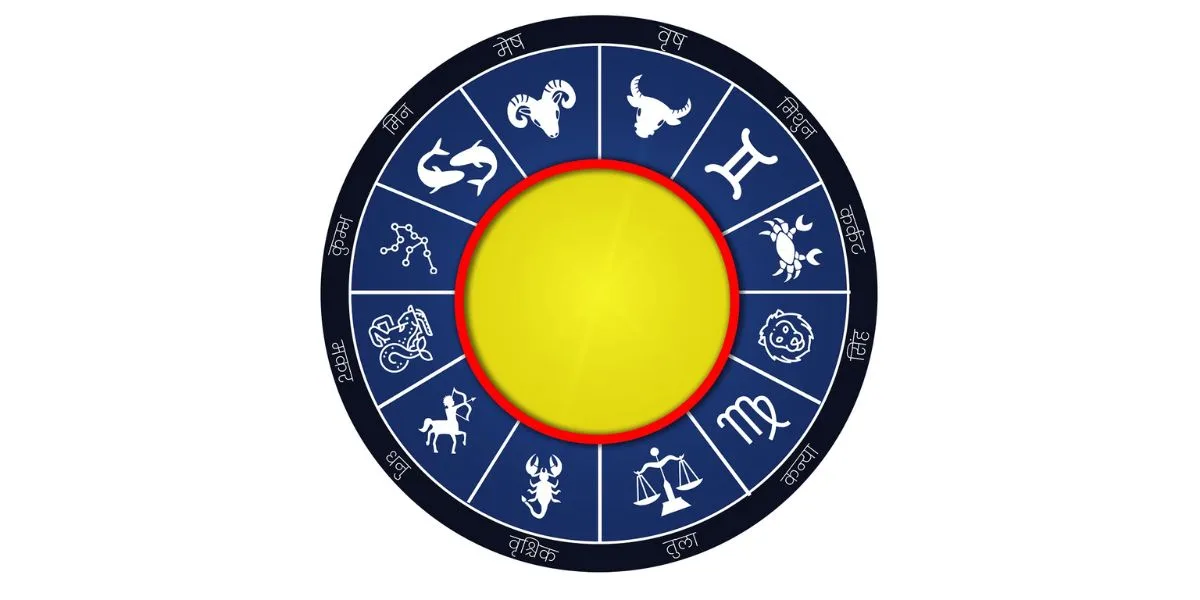Unveiling the Mysteries of the Stars
Welcome to our comprehensive guide to astrology, an ancient and fascinating practice that explores the connections between celestial bodies and human life. In this article, we embark on a journey through the intricacies of astrology, delving into its history, principles, and practical applications. Join us as we unveil the mysteries of the stars and gain insights into this captivating field.
What is Astrology?
The Language of the Stars
Astrology is a symbolic language that seeks to interpret the influence of celestial bodies, such as planets, stars, and the Moon, on human affairs and individual lives. It is based on the belief that there is a meaningful relationship between the positions and movements of celestial bodies and the patterns of human behavior, personality traits, and life events.
A Blend of Art and Science
Astrology is often considered a blend of art and science. While its roots lie in ancient philosophical and metaphysical traditions, astrology also incorporates mathematical calculations, astronomical observations, and empirical interpretations. It combines intuitive insights with systematic analysis to provide a comprehensive framework for understanding the complexities of human existence.
The History of Astrology
Ancient Origins
Astrology has a rich history that spans thousands of years and is found in various cultures around the world. Its origins can be traced back to ancient Mesopotamia, Egypt, and India. The Babylonians, in particular, made significant contributions to early astrological practices, developing complex systems to predict celestial events and their impact on human lives.
Hellenistic Influence
During the Hellenistic period, astrology experienced a significant expansion and refinement. Greek philosophers, such as Ptolemy, developed intricate astrological systems and emphasized the interconnectedness between the celestial and terrestrial realms. Hellenistic astrology laid the foundation for many of the astrological principles and techniques still in use today.
Medieval and Renaissance Era
Astrology continued to flourish during the medieval and Renaissance periods, particularly in Islamic and European cultures. Scholars and philosophers, such as Abu Ma’shar and Johannes Kepler, further developed astrological theories and expanded the understanding of celestial influences. Astrology became an integral part of intellectual and cultural life during this time.
Modern Astrology
In the modern era, astrology has adapted to the changing cultural and scientific landscape. It has evolved to incorporate psychological and humanistic approaches, integrating elements of depth psychology and personal growth. Modern astrologers use a wide range of techniques and interpretive frameworks to offer guidance, self-reflection, and a deeper understanding of life’s patterns and cycles.
Principles of Astrology
The Zodiac: Twelve Archetypes
Central to astrology is the concept of the zodiac, a belt of celestial space divided into twelve equal parts or signs. Each sign is associated with specific characteristics and qualities, representing different archetypal energies. The zodiac signs provide a framework for understanding individual personality traits, motivations, and life experiences.
Planets: Celestial Influencers
In astrology, planets are considered significant influencers, symbolizing different aspects of human experience. Each planet represents a particular energy and governs specific areas of life. The positions of planets in the birth chart are analyzed to gain insights into an individual’s personality, relationships, and life events.
Houses: Areas of Life
Astrological houses represent different areas of life where planetary energies manifest. There are twelve houses, each associated with specific themes such as self-expression, relationships, career, and spirituality. The placement of planets in different houses provides valuable insights into how these energies play out in a person’s life.
Aspects: Dynamic Relationships
Aspects refer to the angular relationships between planets in the birth chart. They reveal how planetary energies interact and influence one another. Different aspects, such as conjunctions, squares, trines, and oppositions, provide valuable information about the dynamics and potentials within an individual’s life.
Transits: Celestial Timing
Transits are the ongoing movements of planets in the present moment and their relationship to the positions of planets in the birth chart. They represent the ever-changing energies and influences that shape daily life. Analyzing transits can provide insights into current themes, opportunities, and challenges in an individual’s life.
Practical Applications of Astrology
Self-Discovery and Personal Growth
Astrology offers a powerful tool for self-discovery and personal growth. By understanding our birth charts and the influences of celestial bodies, we gain insights into our strengths, weaknesses, and life patterns. Astrology encourages self-reflection, helping us align with our true purpose, make informed decisions, and navigate life’s challenges with greater awareness.
Relationships and Compatibility
Astrology can provide valuable insights into relationships and compatibility. By comparing birth charts, astrologers analyze the dynamics and potential challenges within partnerships, whether romantic, familial, or professional. Understanding astrological compatibility can foster greater understanding, communication, and harmony in relationships.
Timing and Life Events
Astrology also offers a tool for timing and understanding life events. By studying transits and progressions, astrologers can identify favorable periods for career changes, starting a family, or embarking on new endeavors. Astrology helps us align our actions with cosmic cycles, enhancing our ability to make informed decisions and navigate life transitions.
Conclusion
In this comprehensive introduction to astrology, we have explored the origins, principles, and practical applications of this captivating field. Astrology serves as a symbolic language that enables us to understand the interplay between celestial energies and human existence. Whether used for self-discovery, relationship insights, or timing life events, astrology provides a profound framework for gaining deeper insights into ourselves and the mysteries of the universe. May this journey into astrology enrich your understanding and inspire a lifelong exploration of the cosmic forces that shape our lives.

